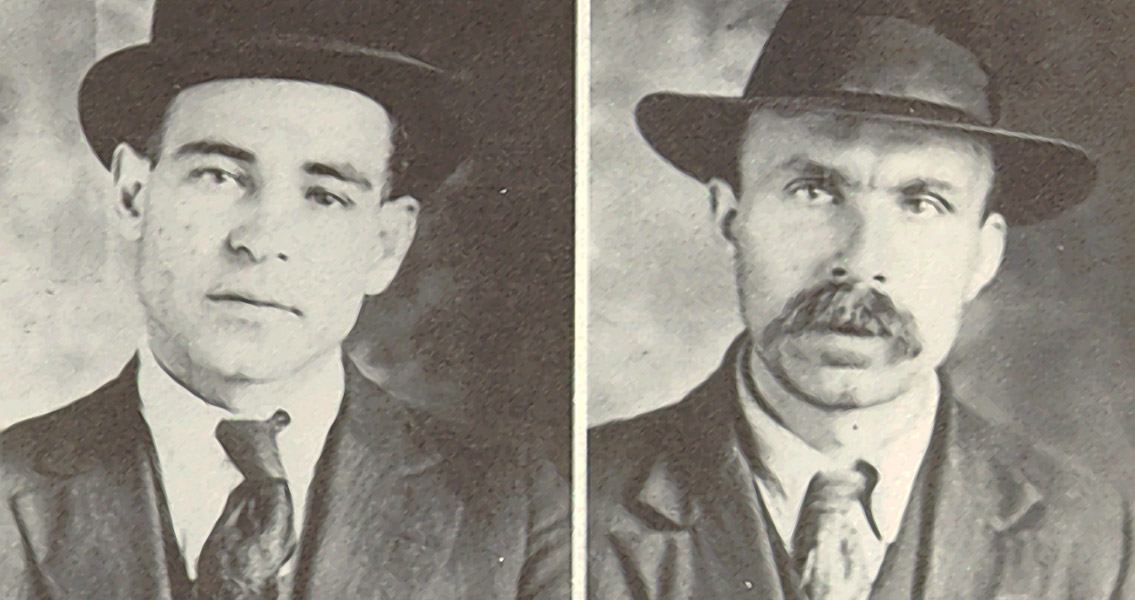<
Were Sacco and Vanzetti Innocent?
